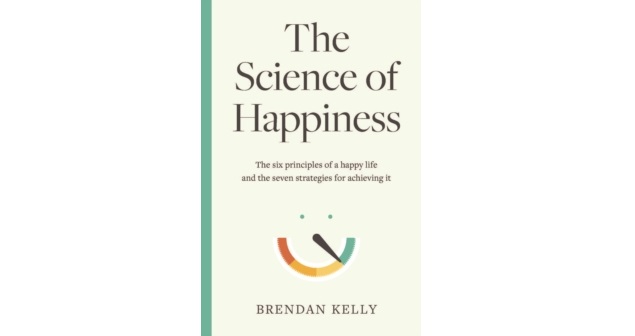Blog
RTÉ Radio 1: Professor Brendan Kelly on “The Science of Happiness” with Ray D’Arcy
- April 16, 2021
- Category: Blog Of interest from media

Following the release of his latest book The Science of Happiness, Consultant Psychiatrist and Professor of Psychiatry at TCD Brendan Kelly sat down with Ray D’Arcy for an in-depth discussion on all things happy: which people are happiest, why they’re happy and what we can do in our own lives to become happier.
Excerpts from the interview are below. You can listen to the interview in full on the RTÉ Radio 1 Player here.
On the topic of how money impacts happiness, Professor Brendan Kelly said:
Money will make you happy up to a point. So if you don’t have enough money to meet your basic needs you’re simply not going to be happy. However, there are diminishing returns. The peak is around €80,000 a year. At that point money has delivered to you pretty much all the happiness that money is going to deliver. If you earn more you need to think carefully about it because in some countries earning more brings unhappiness rather than additional happiness. Money is part of the answer, but not the full answer.
Professor Kelly also spoke about one of the six principles in the book, love for one’s self:
It’s been hijacked by the idea of romantic love, which very is important, but it needs to come from a place of more self-compassion, or self-acceptance. I’m very skeptical about the idea of “self-esteem” because it kind of makes you think that you should be measured, that there is some measurable value in a human being. There isn’t. Every human being is valuable. There’s no way of quantifying it. So self-acceptance is a step to self-compassion and forgiving yourself for your errors and for your perceived errors. That’s the start of the principle of love which is self-compassion and utter self-acceptance.
He also spoke about the benefits of daydreaming:
Daydreaming is important because a bunch of neuroscientific studies have shown that when we’re daydreaming our brains are very, very busy. And not just the routine bits of our brains, but the future-planning bits, the project-planning bits, revising our autobiography. All of this is really active when we’re daydreaming. So daydreaming serves and important psychological process even though we might not know what it is at the time.
